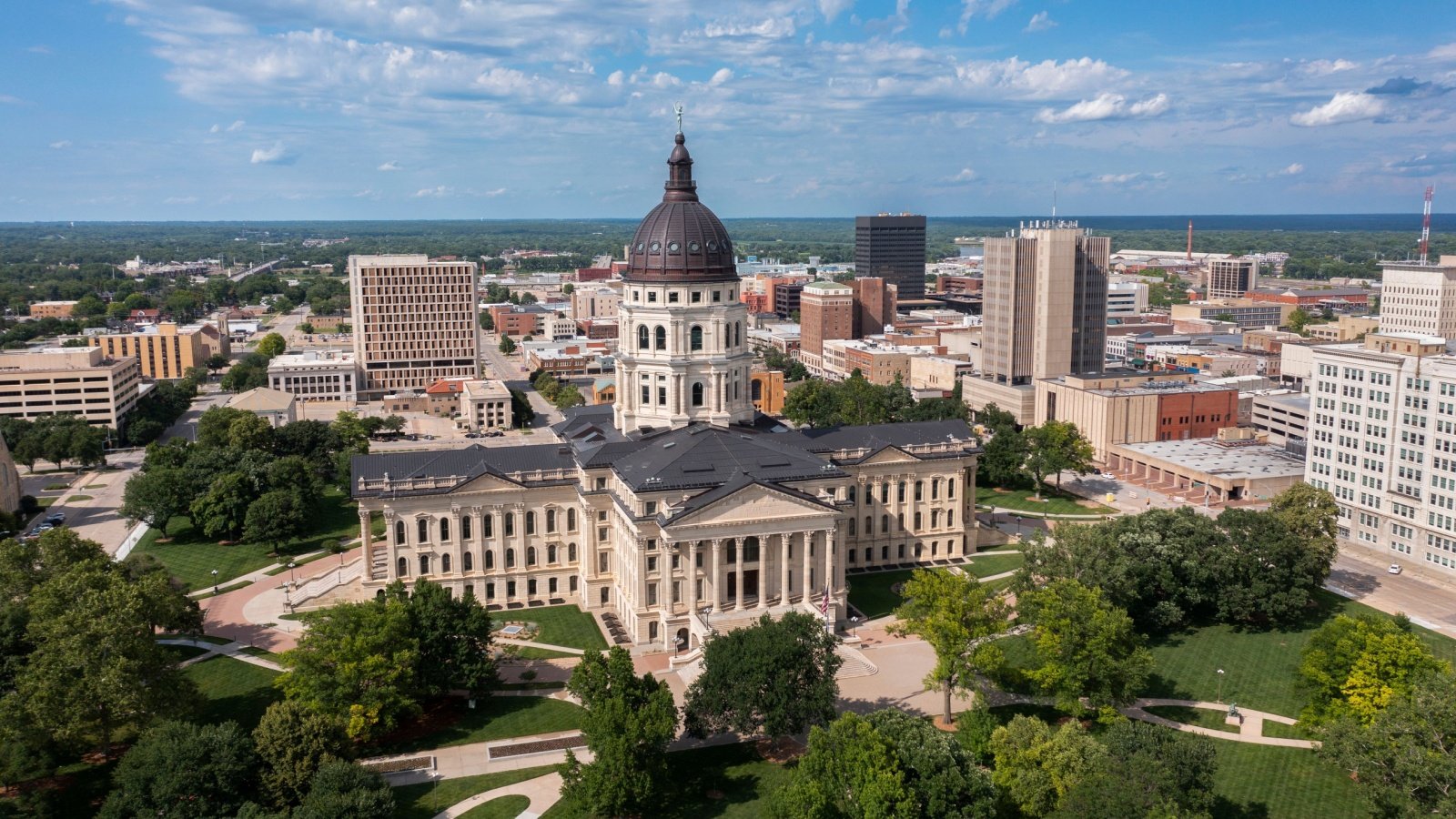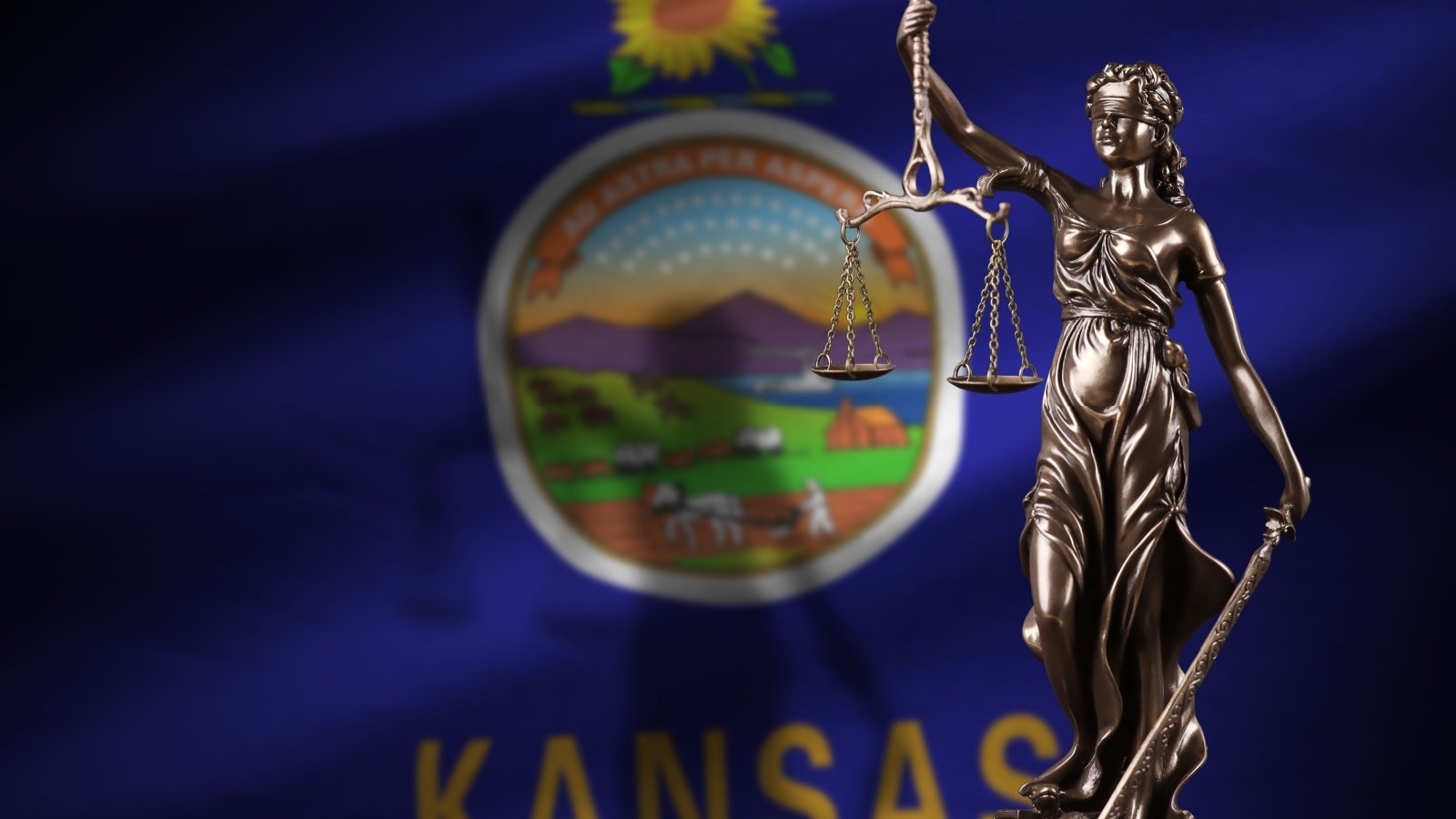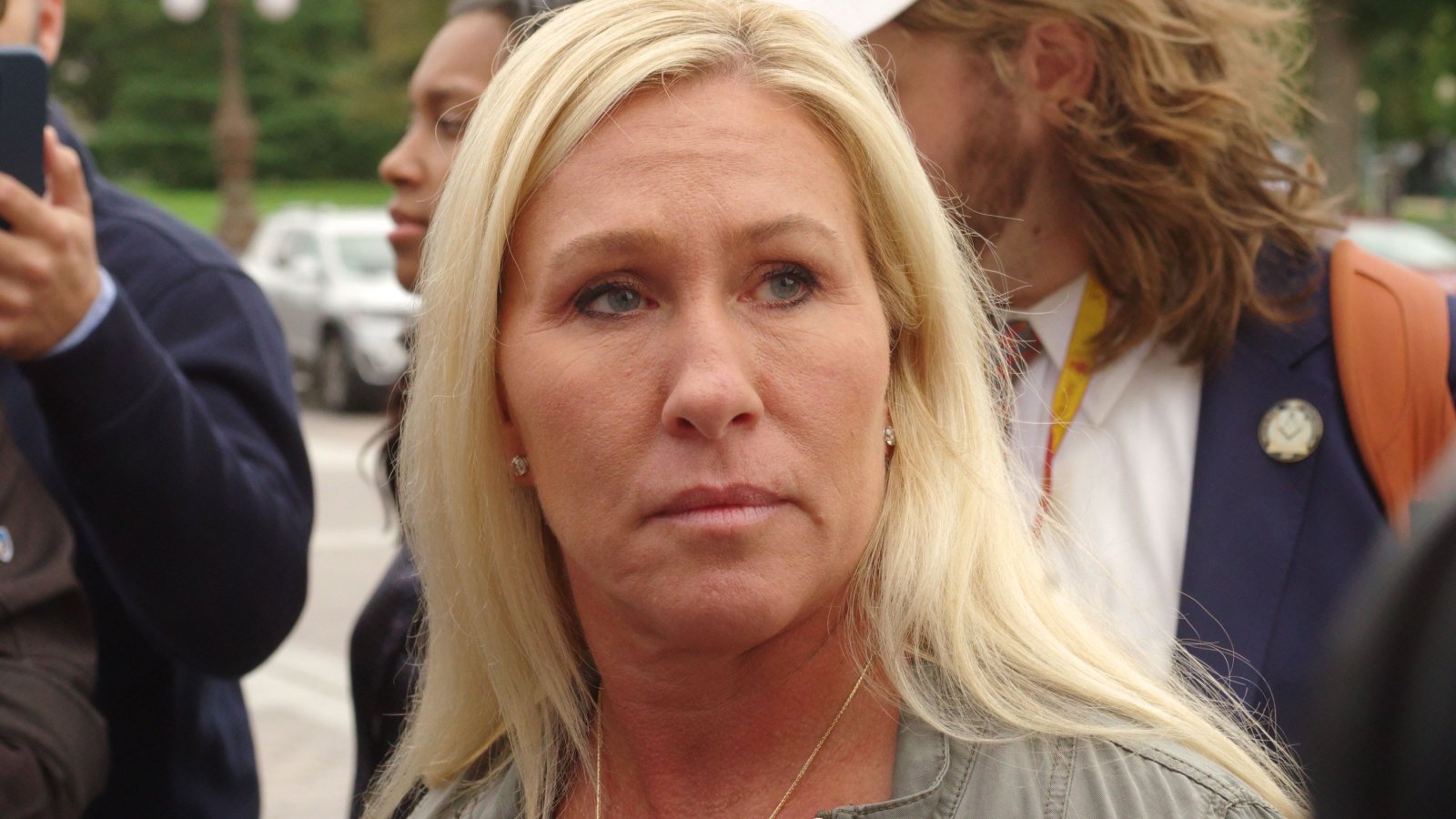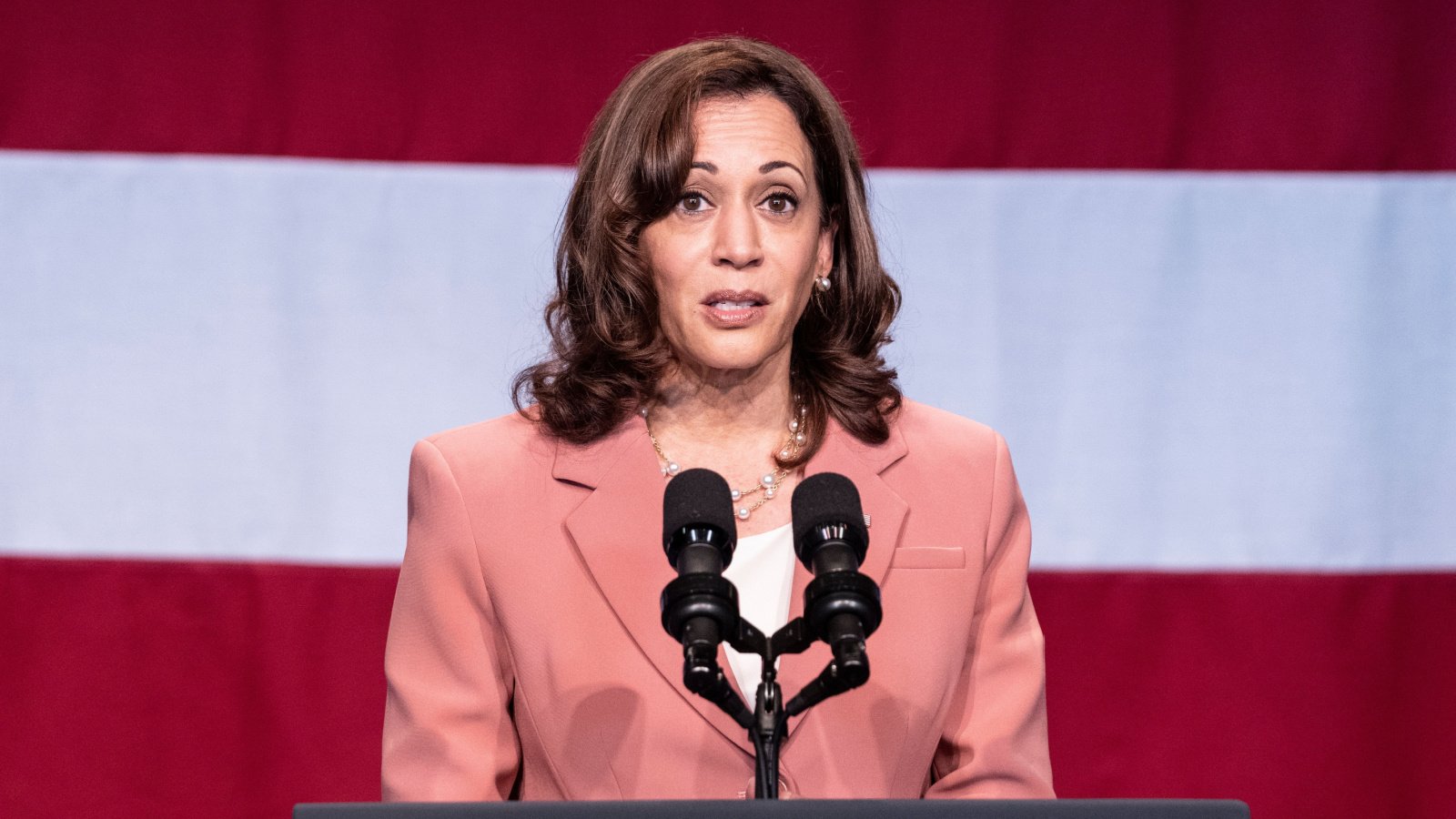This month, two Kansas laws limiting access to abortion were struck down by the Kansas Supreme Court. The Court ruled that the laws were in contradiction to the Kansas state constitution that guarantees women’s rights to bodily autonomy. Kansas voters enshrined the right to abortion in state law in 2022 on a statewide ballot.
Laws Passed During Roe v. Wade Era

Both bills struck down by the Supreme Court were passed during the years when Roe v. Wade was still the law of the land before it was overturned in 2022.
2015 Abortion Method Ban

The first bill passed in 2015 and banned a method often used in second-trimester abortion, dilation, and evacuation. The bill allowed for the procedure when the life of the mother is at risk.
Supreme Court Review in 2019

The Kansas Supreme Court reviewed the legislation in 2019 and sent the case back to the lower Court for consideration.
Lower Court’s Determination

The lower Court then determined that the law was not constitutionally sound and presented “no reasonable alternative” to the banned method.
Licensing Requirements on Abortion Facilities

The second pro-life law overturned by the Kansas Supreme Court set licensing requirements on facilities that perform abortions. Critics of the legislation state that the licensing requirements were restrictive and onerous.
Physician Presence Requirement

Included in the requirement is that a physician must be present at the time when the abortion drug is administered to the patient.
Agreement on Violation of State Constitution

The Supreme Court and the lower district courts agreed that the two Kansas laws violated the protections for women in the state constitution.
Strict Scrutiny Standard

The Supreme Court held that access to abortion was enshrined in the state constitution and, therefore, any restriction on access must “withstand strict scrutiny.”
Pre-2022 Federal Protection

Before the overturning of Roe v. Wade, no state was allowed to restrict access to abortion as federal law was interpreted to say that a woman had a right to privacy, which conferred a right to abortion.
Post-Roe v. Wade State Legislation

In the wake of the Roe v. Wade reversal in 2022, states are permitted to restrict abortion within the state to the extent lawmakers and voters approve.
Focus on Abortion Methods Pre-2022

For this reason, most abortion restriction legislation before 2022 at the state level focused on the methods of abortion, such as partial-birth abortion bans and dismemberment bans, as was the case in the Kansas bill.
Kansas Statewide Election on Abortion

In the post-Roe v Wade era, Kansas was the first state to vote directly in a statewide election on an abortion ballot measure, putting the question directly to voters.
2022 Kansas Voters’ Decision

Consequently, in 2022, Kansas voters rejected language that would give the state the power to ban abortions. This marked the first in a trend of states where voters, when voting directly on their abortion preferences, voted to preserve the right to abortion in the state.
Voter Trends on Abortion Access

This trend holds in many states despite the conservative leanings of the state, where voters tend to support abortion access when invited to vote on the issue themselves.







